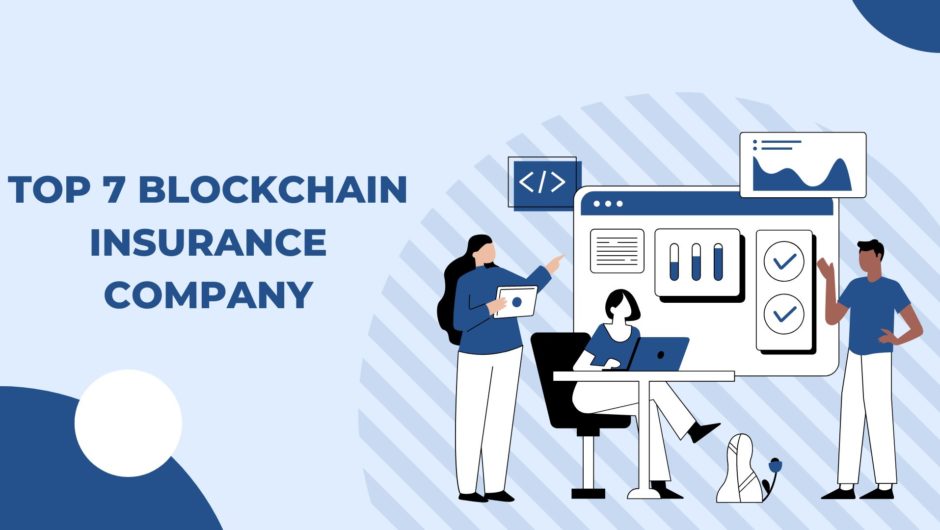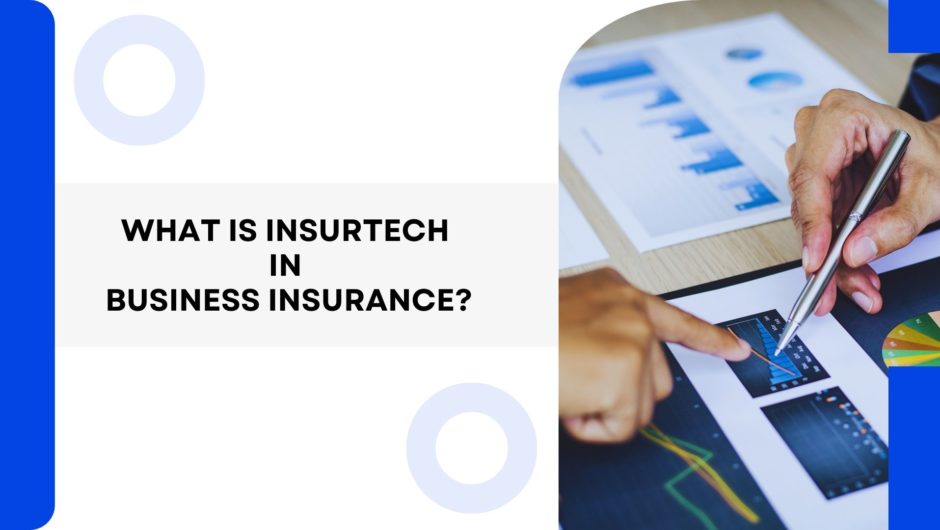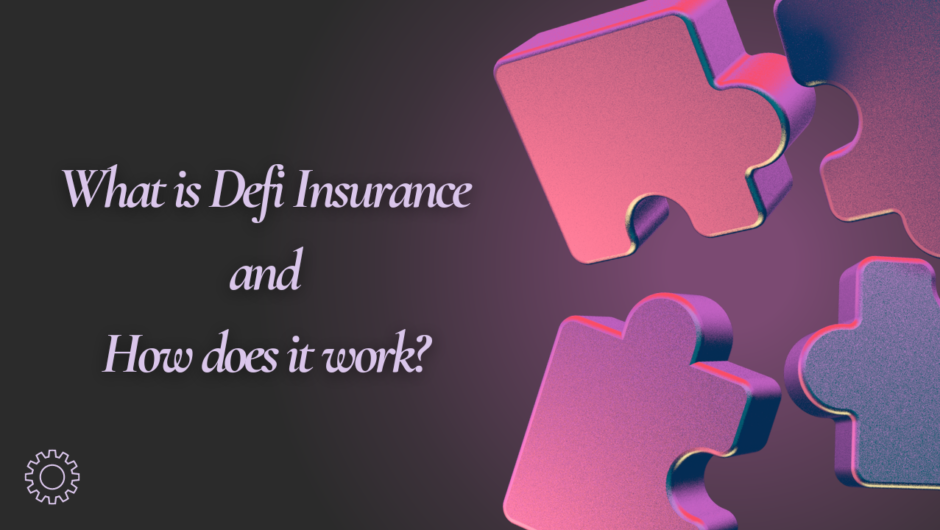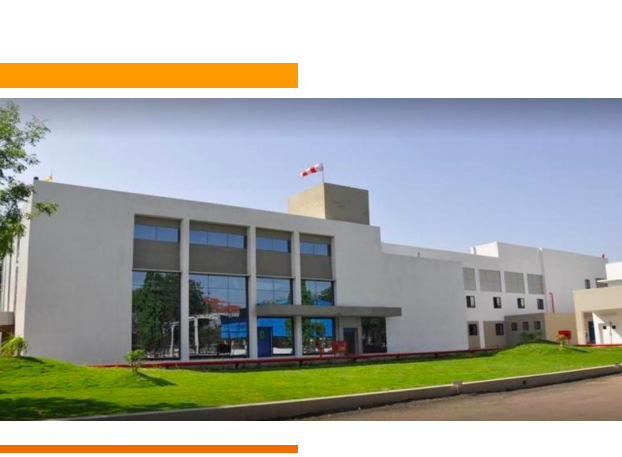When developing and distributing software products, understanding the insurance requirements is crucial for protecting both the business and its clients. Insurance licenses for software products typically include Professional Liability Insurance, which covers errors and omissions in the software, and Cyber Liability Insurance, which addresses risks associated with data breaches and cyber attacks. Additionally, General Liability Insurance is important for covering physical damages and advertising claims. Each type of insurance serves a unique purpose in mitigating risks associated with software development and deployment. Ensuring compliance with these insurance requirements helps safeguard the company’s operations and build trust with customers.

Introduction to Insurance for Software Products
Insurance for software products is essential for mitigating risks associated with the development, deployment, and use of technology solutions. As software products become increasingly integral to business operations, the potential for errors, data breaches, and other liabilities grows. Key types of insurance for software products include Professional Liability Insurance, which protects against claims of negligence or errors in the software’s design or functionality. Cyber Liability Insurance addresses risks related to data breaches, cyber attacks, and information security issues. General Liability Insurance is also important, covering physical damages and potential legal claims arising from the use of the software. By obtaining the appropriate insurance, software companies can safeguard themselves against financial losses and legal disputes, ensuring stability and fostering trust with clients and partners. Understanding and securing the right insurance policies is crucial for any business involved in software development and distribution.
Types of Insurance for Software Products
When insuring software products, several key types of insurance should be considered:
- Professional Liability Insurance: Covers claims related to errors, omissions, or negligence in the software’s design or functionality.
- Cyber Liability Insurance: Protects against risks associated with data breaches, cyber attacks, and information security issues.
- General Liability Insurance: Provides coverage for physical damages or legal claims arising from the use of the software, including advertising and product liability.
- Errors and Omissions Insurance: Specifically addresses claims of inadequate or faulty software performance that could result in financial losses for clients.
Selecting the Right Insurance Policies for Software Business
Selecting the right insurance policies for your software business involves evaluating several key factors:
- Assess Your Risk Profile: Identify potential risks specific to your software, such as errors, data breaches, and legal liabilities.
- Professional Liability Insurance: Ensure this policy covers errors, omissions, and negligence in your software’s functionality and performance.
- Cyber Liability Insurance: Choose a policy that protects against data breaches, cyber attacks, and loss of sensitive information.
- General Liability Insurance: Secure coverage for physical damages, advertising claims, and other general liabilities that could arise.
- Errors and Omissions Insurance: This is crucial for coverage related to inadequate software performance and potential financial losses for clients.
- Evaluate Policy Limits and Coverage: Compare coverage limits and exclusions to ensure comprehensive protection.
- Consult with an Insurance Expert: Seek advice from professionals specializing in tech insurance to tailor policies to your business needs.
Case Studies: Insurance Claims in the Software Industry
Case Study 1: Data Breach Incident
A software company faced a significant data breach when hackers exploited vulnerabilities in their application, leading to a massive leak of customer information. The company’s Cyber Liability Insurance covered the costs of notification, legal fees, and remediation efforts, mitigating the financial impact and reputational damage.
Case Study 2: Product Liability Claim
A software firm was sued by a client after a critical bug in their software caused substantial financial losses. The client claimed that the software’s failure led to operational disruptions. The company’s Professional Liability Insurance provided coverage for the legal expenses and settlement, protecting the firm from severe financial repercussions.
Case Study 3: Error in Software Functionality
Another company faced a lawsuit due to an error in their software that resulted in incorrect financial calculations for users. Errors and Omissions Insurance covered the cost of defending the claim and any resulting settlements, ensuring the company could continue operations without crippling financial strain.
Conclusion
In conclusion, obtaining the right insurance licenses for software products is crucial for managing risks and protecting your business. Professional Liability Insurance, Cyber Liability Insurance, General Liability Insurance, and Errors and Omissions Insurance each play a vital role in addressing different aspects of risk, from software errors to data breaches. By carefully selecting and tailoring these policies, software companies can safeguard against financial losses, legal claims, and operational disruptions. Ensuring proper insurance coverage not only helps in mitigating potential liabilities but also fosters trust with clients and partners, securing the long-term stability and success of the business.
Frequently Asked Questions (FAQs)
1. What types of insurance are essential for a software business?
Essential types of insurance for a software business include Professional Liability Insurance, Cyber Liability Insurance, General Liability Insurance, and Errors and Omissions Insurance. These policies address risks such as software errors, data breaches, physical damage, and legal claims.
2. How does Cyber Liability Insurance protect a software company?
Cyber Liability Insurance protects a software company from risks related to data breaches, cyber attacks, and information security issues. It typically covers costs for notification, legal defense, and remediation efforts, helping mitigate the financial impact of such incidents.
3. What does Professional Liability Insurance cover for software products?
Professional Liability Insurance covers claims of negligence, errors, or omissions in the software’s design and functionality. It protects against legal costs and settlements if the software fails to perform as expected, resulting in financial losses for clients.
4. How can I determine the appropriate coverage limits for my software business?
To determine appropriate coverage limits, assess your business’s risk exposure, including potential financial losses, legal risks, and the scale of operations. Consulting with an insurance expert specializing in technology can provide tailored recommendations based on your specific needs and industry standards.
Read More:
- Bike Insurance: Premium Details And How To Buy
- How safe private insurance companies are?
- 7 principles of Insurance which every investor should know
- Why should you avail life insurance?

Hello, I am Tanisha Kriplani, graduated in computer science from Delhi University. I am passionate about web content writing and have a strong interest in Data Analytics and Data Engineering.












